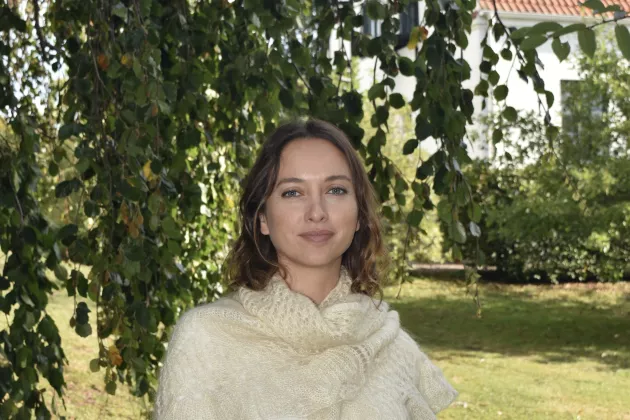The article "Turkiets bombattacker hotar kampen mot IS" (English: "Turkey's Bomb Attacks Threaten the Fight Against IS"), written by Alexander Jacobsson, was published on December 13, 2022 in ETC. Below are some excerpts from the article translated into English.
Turkish bombings against Kurdish targets in northern Syria have worsened the already strained humanitarian situation in the al-Hol refugee camp. (...) The situation in northern Syria has been tense since Turkish President Erdogan decided on November 20 [2022] to attack Kurdish targets from the air. (...)
Pinar Dinc, political scientist and researcher at the Centre for Advanced Middle Eastern Studies at Lund University, believes that the al-Hol refugee camp needs to be guarded by YPG soldiers within the SDF because IS uses the camp as a base for new recruits. According to her, continued Turkish attacks risk further destabilizing the region and thwarting international coordination to dismantle the camp.
– Otherwise, the children risk being radicalized into the next generation of IS terrorists, she says.
The threat from IS is not over. They still have the ability to recruit new members and have dormant terrorist cells. Therefore, it is important that the camp is under control.
(...)
Pinar Dinc emphasizes that northeastern Syria is a war zone and that the SDF has been absolutely decisive in neutralizing IS. However, IS continues to be fueled by the instability in the region.
– We cannot say that anyone fully controls the region. IS will continue to be a security problem and re-emerge as long as there is instability in the region. We have seen so many times in the past that the names of Islamist terrorist organizations change over time, but the ideology remains, she says.





